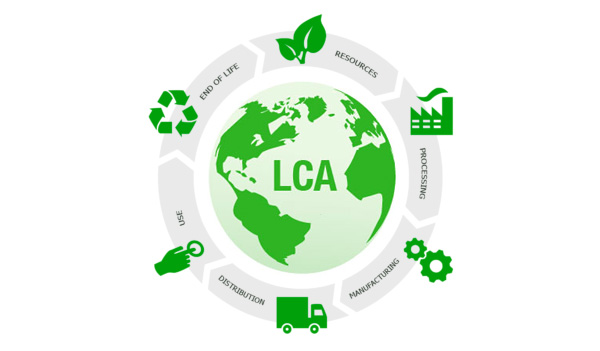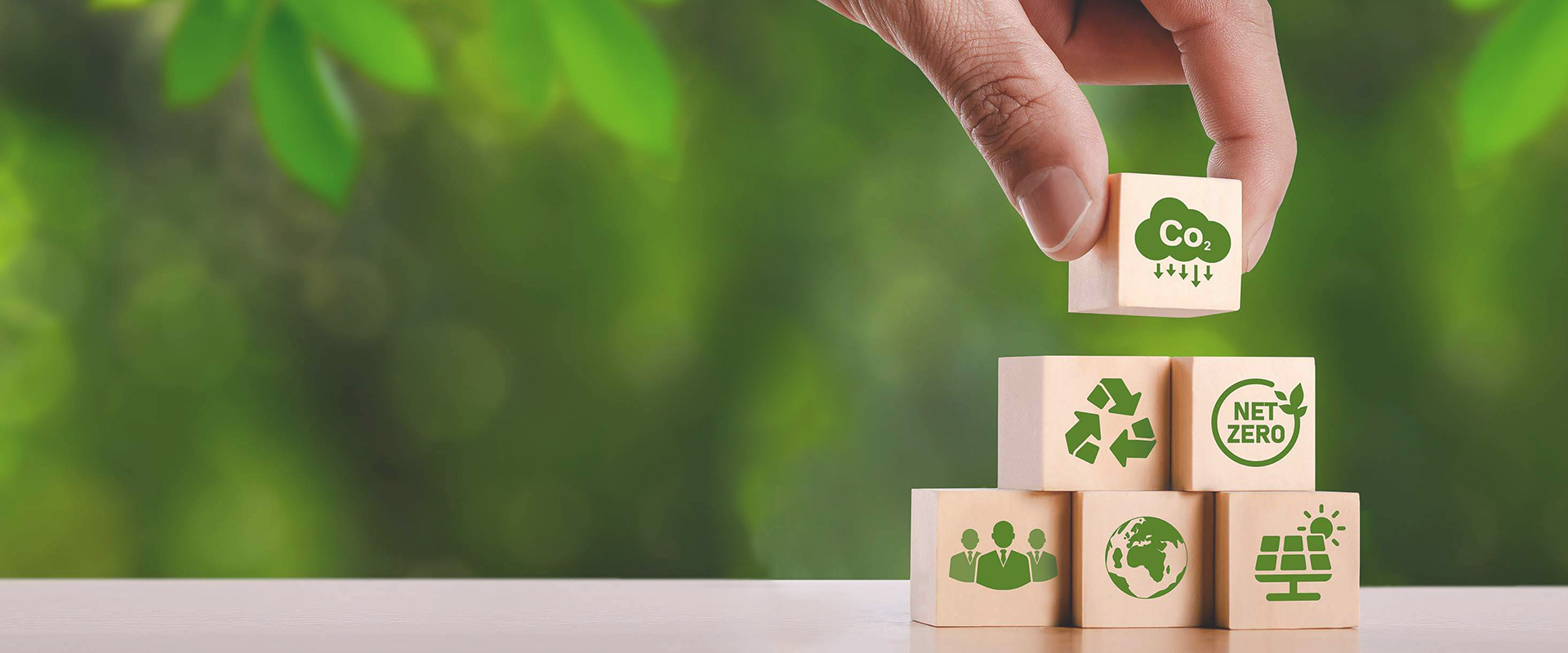
Eco-sustainability: LCA environmental sustainability analysis system
Eco-sustainability: LCA environmental sustainability analysis system
Life Cycle Assessment (LCA) is a methodology that allows you to evaluate the environmental impacts associated with a product, process or activity. The system examines the entire life cycle of a product "from cradle to grave" and the potential environmental impact seen for example as the use and consumption of natural resources (extraction, treatment and processing of raw materials) and the environmental consequences of releases due to production, transport and its use and reuse and maintenance up to recycling and its final placement after use. LCA analysis is a means that expresses in quantitative numerical terms the potential environmental impact on the various terrestrial macrosystems through the identification and quantification of the consumption of materials, energy and emissions into the environment and allows the quantitative comparison of similar products and to identify and evaluate opportunities to reduce impacts.
Carrying out an environmental impact analysis using the LCA standard is now possible thanks to the use of software tools that allow you to model the life cycle of a product and evaluate its impacts, thanks to the use of LCA databases, which contain related data to the unit flows necessary for the evaluation.
In recent years, the need to guarantee the "transparency" of the product chain has increasingly developed. This approach, on the one hand, allows consumers to reconstruct the "history" of the chosen product and, on the other, guarantees companies the ability to identify the responsibilities of the various links in the chain in the various stages of the production process. The concepts of "traceability" and "traceability" are therefore of fundamental importance, both of which refer to the ability to reconstruct the history and to follow the use of a product through documented identifications relating to material flows and supply chain operators, differ according to the following definitions:
Life Cycle Assessment (LCA) is a methodology that allows you to evaluate the environmental impacts associated with a product, process or activity. The system examines the entire life cycle of a product "from cradle to grave" and the potential environmental impact seen for example as the use and consumption of natural resources (extraction, treatment and processing of raw materials) and the environmental consequences of releases due to production, transport and its use and reuse and maintenance up to recycling and its final placement after use. LCA analysis is a means that expresses in quantitative numerical terms the potential environmental impact on the various terrestrial macrosystems through the identification and quantification of the consumption of materials, energy and emissions into the environment and allows the quantitative comparison of similar products and to identify and evaluate opportunities to reduce impacts.
Carrying out an environmental impact analysis using the LCA standard is now possible thanks to the use of software tools that allow you to model the life cycle of a product and evaluate its impacts, thanks to the use of LCA databases, which contain related data to the unit flows necessary for the evaluation.
In recent years, the need to guarantee the "transparency" of the product chain has increasingly developed. This approach, on the one hand, allows consumers to reconstruct the "history" of the chosen product and, on the other, guarantees companies the ability to identify the responsibilities of the various links in the chain in the various stages of the production process. The concepts of "traceability" and "traceability" are therefore of fundamental importance, both of which refer to the ability to reconstruct the history and to follow the use of a product through documented identifications relating to material flows and supply chain operators, differ according to the following definitions:
- by traceability we mean an "information process" that follows the product from the beginning to the end of its journey along the production chain.
- by traceability we mean the reverse "information process" that is, we start from the end of the product path, to go back to its origins.

Both traceability and traceability require the use of an identification system (RFID) or appropriately designed labeling that allows the storage of a set of key information in order to certify the quality of the products within the entire supply chain. It is clear that these concepts can only be efficiently put into practice with efficient production management by monitoring materials, transformation processes and events.
The advantages that can be obtained throgh a management based on product traceability and traceability are different:
The advantages that can be obtained throgh a management based on product traceability and traceability are different:
- Integrated chain traceability system, with LCA and LCC analysis and calculation.
- Univocal identification of the batch using the best technologies (Barcode - RFID etc ..).
- Calculation of the environmental impact of each batch based on the path of the chain.
- Software for "preventive" simulation and "final" calculation of the identified batch. Possibility of traceability of raw materials.
mail: info@itacasw.it
Phone: +39 0734.445279
Do you want to request more information or book a free demo?








